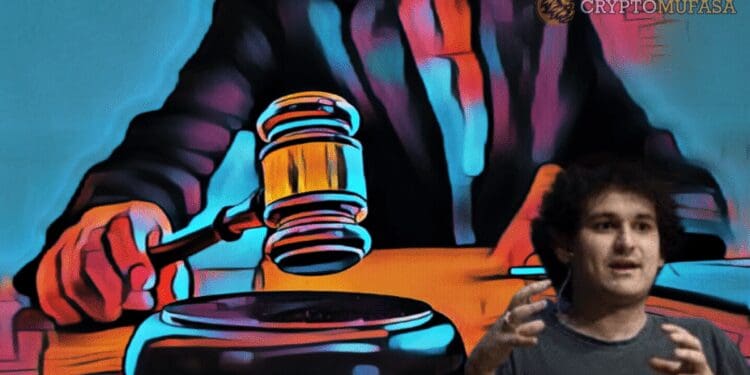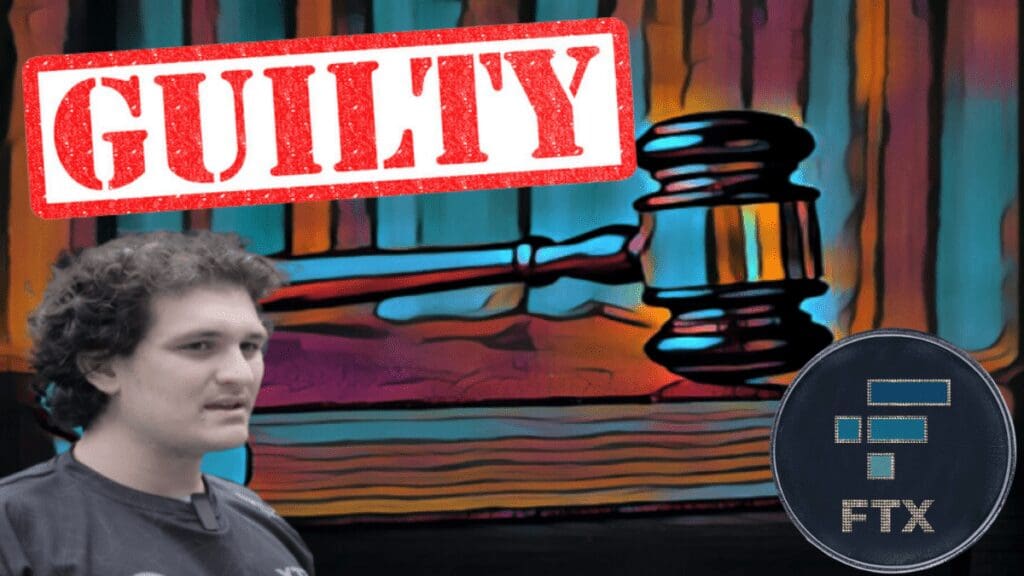Former DOJ Prosecutor Speculates on the Length of Sam Bankman-Fried’s Sentence
Former United States Prosecutor Renato Mariotti recently shared his insights into the potential length of Sam Bankman-Fried’s (SBF) sentence, raising the possibility that the former CEO could face a 25-year prison term instead of the maximum sentence.
Assessing Sentencing Factors
Mariotti underlines that while the statutory maximum sentence for Bankman-Fried’s offences is around 115 years, federal sentencing guidelines play a crucial role in determining the likely term. These guidelines consider various elements, including the severity of the crimes and the defendant’s criminal history, to establish a more reasonable sentencing range. Given the magnitude of the offences and SBF’s conduct during the trial, the sentencing guidelines are expected to be notably high.
The former DOJ prosecutor emphasizes that the judge must take into account all circumstances surrounding the defendant and the crimes when finalizing the sentence. Factors such as remorse, cooperation with authorities, and the impact of the offences on the victims are significant considerations. Mariotti suggests that Judge Kaplan may prioritize the victims over Bankman-Fried, given the enormity of the fraud.
Also Read: Sam Bankman-Fried: FTX Founder Convicted on All 7 Criminal Counts
Insights From Legal Experts
Former Assistant United States Attorney Kevin J. O’Brien, an expert in white-collar criminal defence in New York City, concurs that “Since judges have discretion even under the Guidelines, I believe his sentence will be in the 15 to 20-year range.”
On the other hand, Yesha Yadav, a law professor and Associate Dean at Vanderbilt University, points out that the overwhelming consensus among the jury may embolden Judge Kaplan to impose a more severe sentence than a lenient one, given the gravity of Bankman-Fried’s offences.
Potential For Mitigation
Despite the gravity of the financial crimes, some experts believe that SBF’s relatively young age and the opportunity for positive contributions may influence the judge’s decision. While SBF’s crimes are financial in nature, they differ from violent offences, which might play a role in the sentencing outcome.
Awaiting A Second Trial
A wildcard factor in this case is the possibility of a second trial with separate charges scheduled for March 2024. The Department of Justice must decide by February 1 whether to proceed with this second case. A guilty verdict in this additional trial could potentially extend SBF’s sentence further.
The fates of Caroline Ellison and Gary Wang, two witnesses whose testimonies solidified the DOJ’s case against Bankman-Fried, remain uncertain at this time in terms of the sentences they may receive.














Discussion about this post